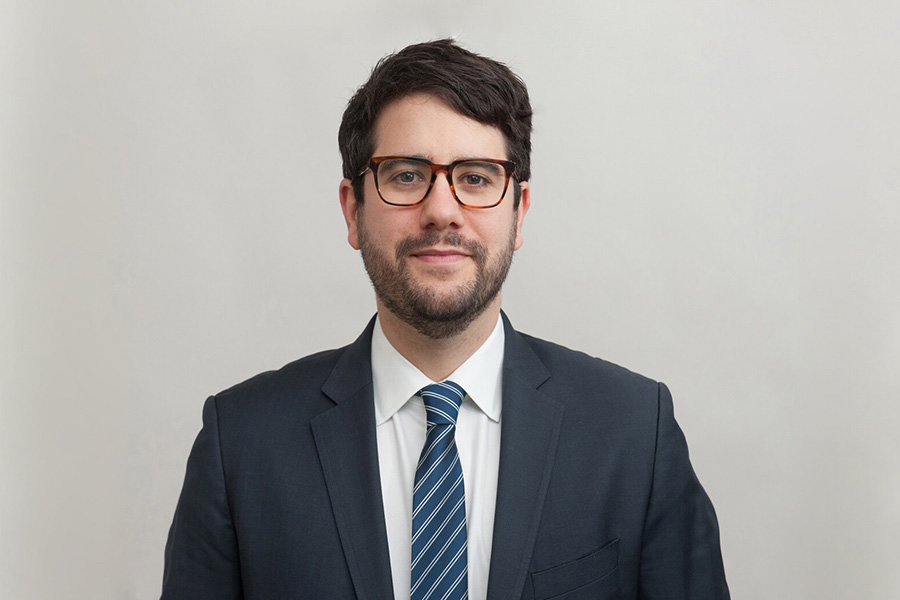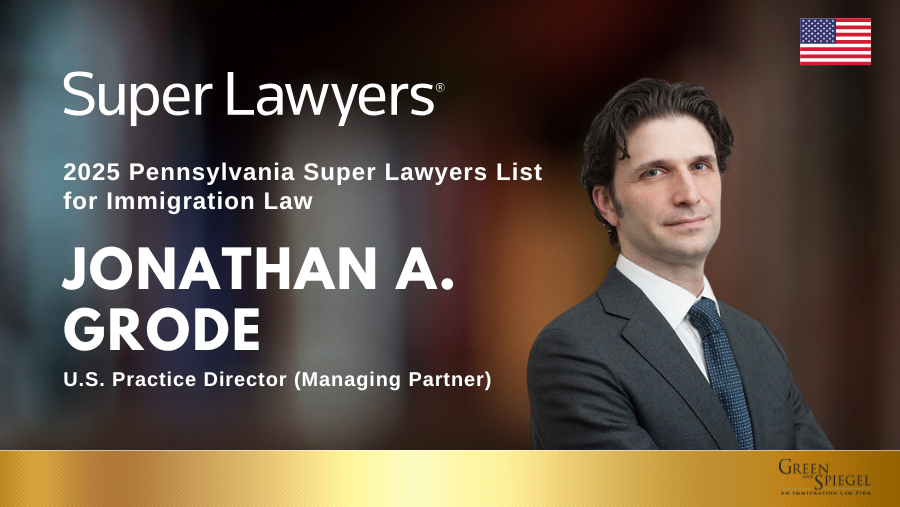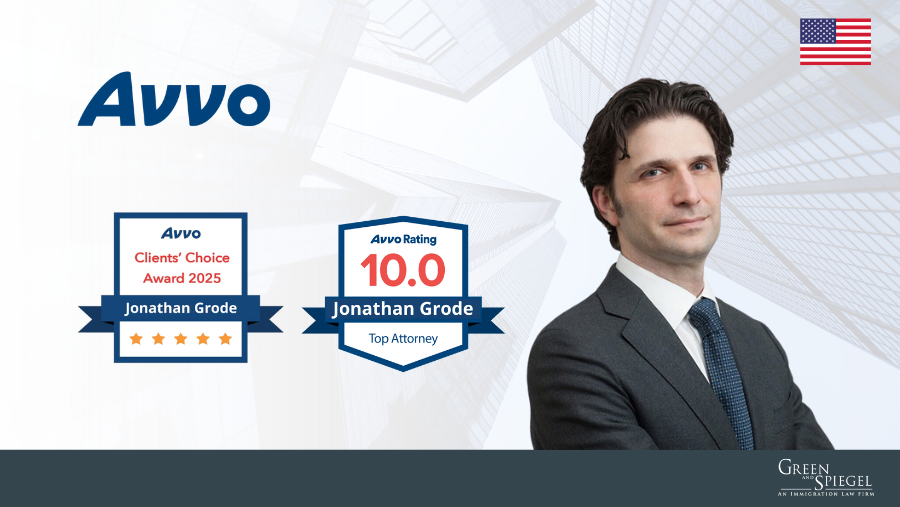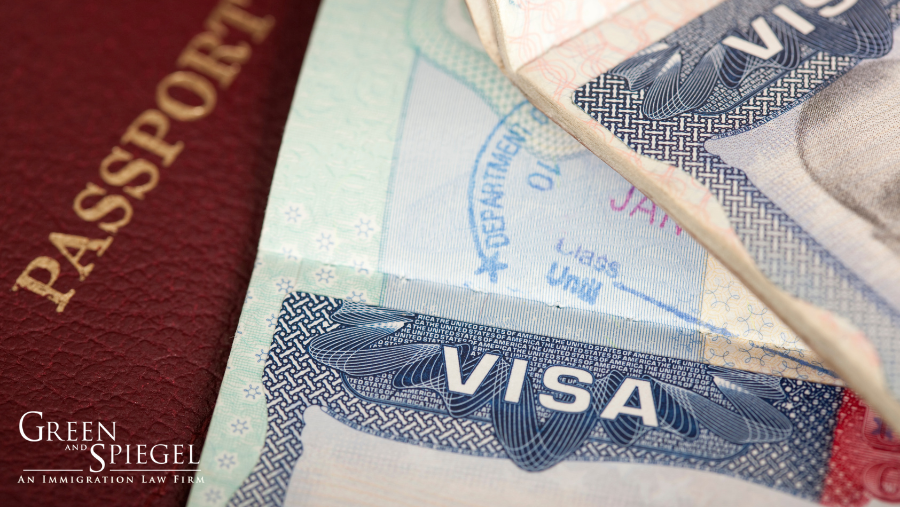Quick Takeaways
- U.S. Department of State will not schedule new student visa appointments to facilitate enhancements to social media vetting
- Those appointments on the books will move forward and in-country changes of status to student should proceed as is, but no word on mail-in applications
- After initially withdrawing Harvard’s SEVP certification and facing pushback in federal court, the University now has 30 days to establish compliance
- State Department will “aggressively revoke” Chinese nationals’ student visas – including students from Hong Kong – if students have connection to Communist Party or study in critical fields
- Future applications from Chinese nationals will receive enhanced scrutiny
After previously detaining foreign national students and/or unilaterally cancelling their visas and revoking their status without justification, the last week has seen the Trump Administration introduce additional measures to make life even more difficult for F, M, and J Visa holders in the United States and/or applicants seeking these visas abroad. As is common with both Trump 1.0 and 2.0, these measures are short on details and being reworked in response to, or anticipation of, federal litigation while nevertheless achieving their immediate and ancillary goal of creating panic and uncertainty amongst immigration populations.
Specifically, the Administration’s recent announcements hit foreign national students at several levels:
A. Visa Applicants, Generally:
First and most broadly, the U.S. Department of State (“DOS”) announced earlier this week that, effective immediately, consulates should cease scheduling appointments for F-1, M-1, and J-1 Visas at U.S. Consulates outside the United States. According to a DOS cable issued before the policy was officially announced on May 28, the reason for removing F-1, M-1, and J-1 appointments from consular schedules is to allow DOS to implement expanded social media screenings that will ensure these visas only go to foreign nationals who do not pose any threat to the United States or its foreign policy interests. The cable and subsequent DOS statement confirm that existing appointments will proceed as scheduled, but that future appointments must be placed on-hold until new vetting procedures can be put in-place. As such, F-1, M-1, and J-1 applicants could face issues obtaining their specific visa in time to commence their respective program this fall.
This announcement does not comment on whether U.S. Consulates will continue to accept and process student visa applications submitted via mail. Likewise, foreign students from Canada and Bermuda who are visa-exempt do not appear to require any further screening before entering the United States to commence their specific program. Lastly, neither the U.S. Department of Homeland Security (“DHS”) nor U.S. Citizenship and Immigration Services (“USCIS”) have indicated that there will be any changes to internal requests to switch to F-1, M-1, or J-1, meaning foreign nationals already present in the United States in a valid status could still acquire F-1, M-1, or J-1 status through a Form I-539 Application filed with USCIS.
B. International Students and Scholars at Harvard University
Part and parcel of its ongoing standoff with one of the world’s preeminent institutions of higher education, the Trump Administration ordered DHS to terminate Harvard’s certification with the Student Exchange and Visitor Program (“SEVP”) – the program that, under Immigration and Customs Enforcements’ direction, facilitates F-1, M-1, and J-1 Visa holders access to U.S. universities and other sponsoring organizations. Under the plain language of the order, Harvard lost the capacity to enroll foreign students holding F-1, M-1, or J-1 status, and individuals holding one of those statuses through Harvard lost their permission to be in the United States. This termination would also apply to post-graduates who hold Optional Practical Training (“OPT”) for one year, and those with two-year extensions available to them by virtue of their STEM degrees, as participation in OPT employment is predicated on the degree-awarding institution continuing to participate in SEVP.
Unsurprisingly, Harvard immediately sued the Administration in Federal Court and obtained a temporary pause on the new policy. And in anticipation of additional hearings on this matter, the Trump Administration backtracked and offered Harvard thirty days to establish that the university remains deserving of SEVP certification. Thus, current of international students may rest a bit easier for another month or so as Harvard and the Trump Administration continue their conflict in the press and the courts.
C. Certain Chinese Nationals
Last but certainly not least, Secretary of State Marco Rubio announced on May 28 that DOS and DHS would collaborate to “aggressively revoke” student visas for certain Chinese nationals – namely, those with connections to the Chinese Communist Party and those studying in critical fields. Additionally, Secretary Rubio’s announcement confirmed that future visa applications should receive enhanced scrutiny. What it means to “aggressively revoke” someone’s visa or which fields count as critical for this purpose remain undefined. Moreover, it is unclear whether the Administration may move to “aggressively revoke” other nonimmigrant visas for Chinese nationals who are connected to the Chinese Communist Party or studying/working in critical fields. What is certain, however, is that this announcement could impact up-to-275,000 Chinese students studying in the United States, who constitute approximately 20% of the foreign national student population in this country.
In taking these measures, Trump 2.0 is not only again attacking a population of more than 1 million foreign national students – most of whom pay full price for their university tuition and room/board – seeking higher education and/or advanced training in the United States – these measures may impact J-1 international medical graduates seeking additional training and providing much-needed health care to the U.S. population at teaching hospitals across the country. Foreign-born professors, visiting scholars, and other members of academia may also hold F-1, M-1, or J-1 status; jeopardizing these individuals’ access to their respective visas could create a potential shortage of skilled instructors for U.S.-based students and/or innovative researchers for U.S. universities, both of which may undermine the U.S. higher education system writ large and lead students and academics to look elsewhere to continue their studies and/or pursue their research endeavors. Indeed, these hostile measures towards foreign-born members of U.S. university communities, coupled with the Trump Administration’s termination of funding for universities across the country, are likely to drive students and professors alike away from the United States. For these reasons, and while acknowledging DOS and DHS’ role in protecting the United States, we hope the Administration will swiftly change its course and discontinue this set of self-defeating policies.
For these same reasons, we at Green and Spiegel are on the ready to assist should you have any questions regarding your F, M, or J Visa, or any other visa classification for that matter, and invite you to contact our office without hesitation to speak with an immigration attorney.





